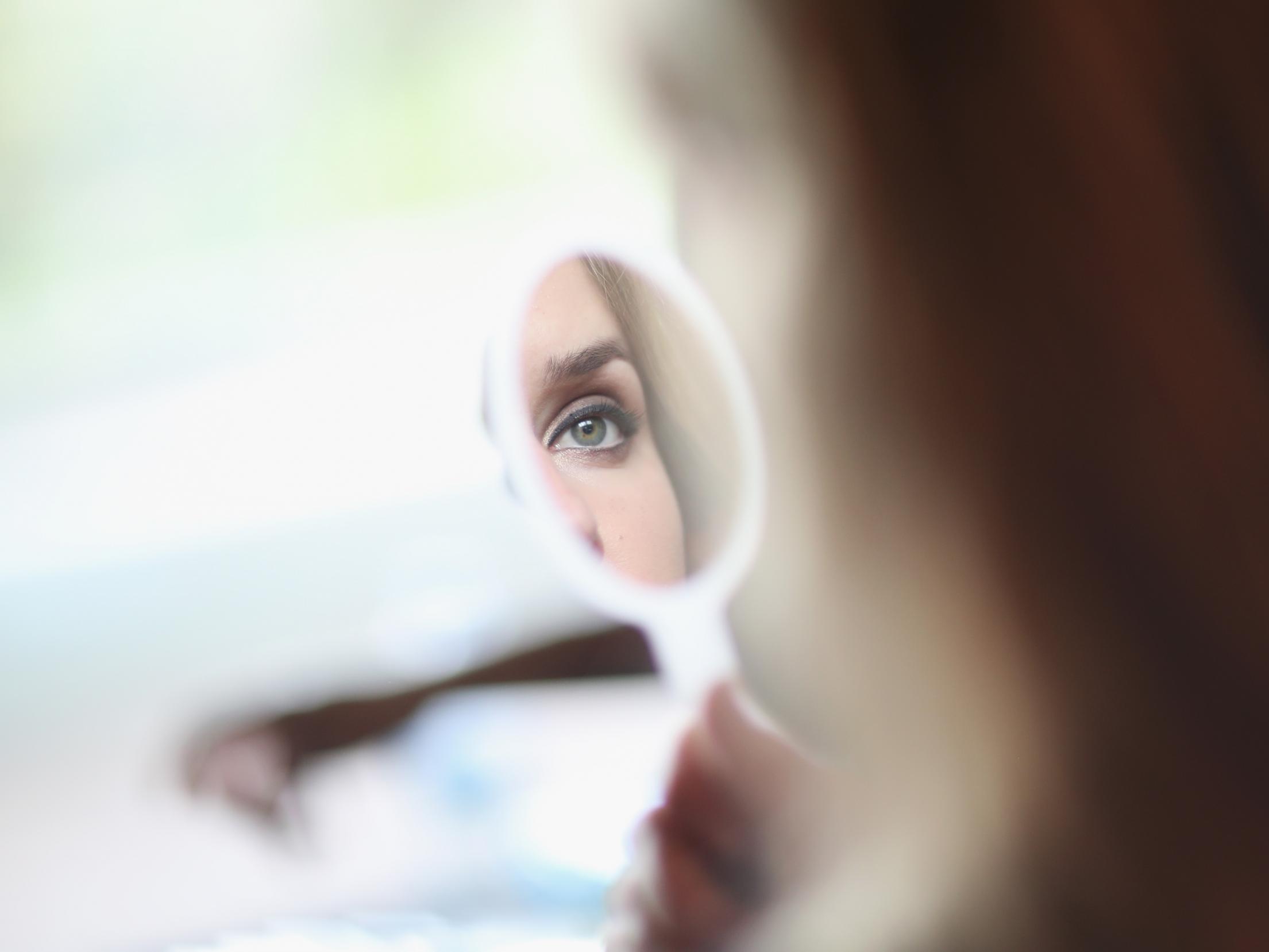One in six girls has not gone to school or work because they ‘felt anxious about the way they look’
‘I didn’t get any GCSEs, and the bullying gave me anxiety and depression. It has really affected my future – my education stopped simply because I didn’t feel comfortable,’ says 18-year-old

Your support helps us to tell the story
From reproductive rights to climate change to Big Tech, The Independent is on the ground when the story is developing. Whether it's investigating the financials of Elon Musk's pro-Trump PAC or producing our latest documentary, 'The A Word', which shines a light on the American women fighting for reproductive rights, we know how important it is to parse out the facts from the messaging.
At such a critical moment in US history, we need reporters on the ground. Your donation allows us to keep sending journalists to speak to both sides of the story.
The Independent is trusted by Americans across the entire political spectrum. And unlike many other quality news outlets, we choose not to lock Americans out of our reporting and analysis with paywalls. We believe quality journalism should be available to everyone, paid for by those who can afford it.
Your support makes all the difference.One in six girls and young women in Britain has not attended school or their workplace in the past year because they were anxious about the way they look, a new study has found.
The research, carried out by development charity Plan International, found nine in ten girls feel a burden to tally up to an “ideal” type of face and physique and a quarter feel “ashamed or disgusted” by their body.
The poll, released on the United Nations’ International Day of the Girl, discovered concerns about appearance and body image were stopping girls from doing a number of important activities.
Over a quarter have not left the house and a fifth have avoided public speaking due to such anxieties in the last year. One in 10 has also chosen not to take part in classes.
Sarah, an 18-year-old from south Wales, said: “I got bullied through all my years at school. I was called fat because of my weight and I wore jumpers and jackets to cover up myself and my body. Eventually, I stopped going in – I didn’t get any GCSEs, and the bullying gave me anxiety and depression. It has really affected my future – my education stopped simply because I didn’t feel comfortable.”
The study, which polled over 1,000 14- to 21-year-olds, found 57 per cent of girls worry about their appearance in school or college every week, while 39 per cent are anxious about the way they look in school every day.
Some 69 per cent of girls has deliberately not gone to at least one social, school or work activity in the last year over body image anxiety – amounting to around two million girls aged between 14 and 21.
Rose Caldwell, CEO of Plan International UK, said: “We know that girls and young women experience huge pressure on their body image in every area of life, from the images they see in the media to hurtful comments at school. But these new statistics show this is having a frightening impact on their futures, affecting their ability to take advantage of opportunities and, in some cases, preventing them from their basic rights to access education and earn a living.
“On International Day of the Girl, we want to send a clear message that society needs a makeover. Body image worries should not simply be a ‘normal’ part of growing up for girls. We need everyone to recognise this, listen to girls, and elevate their voices to create a society where girls have every chance to succeed.”
Heenali Patel, of women’s rights organisation Fawcett Society, said a “worrying number” of girls and young women are suffering due to an “ideal that doesn’t exist”.
She added: “Their futures are suffering, and as a result we as a society suffer too. It beggars belief. It’s urgent and vital that we all challenge the gender stereotypes that damage the lives of young people. They need our support, solidarity, and commitment to building a society that gives them every chance of success. Without that, we fail them.”
Niki Kandirikirira, of Equality Now, a non-government organisation which aims to promote the rights of women and girls, argued “deep-rooted sexism” manifests in “images, words, ideas, and action”.
“To address the problem we need to acknowledge the harm being caused by stereotypical images of women and girls portrayed in the media, social media, and elsewhere,” she said.
Ms Kandirikirira said teenage girls are “internalising rigid and narrow ideals of beauty” and this is exerting a negative effect on how they perceive their own appearance.
Join our commenting forum
Join thought-provoking conversations, follow other Independent readers and see their replies
Comments